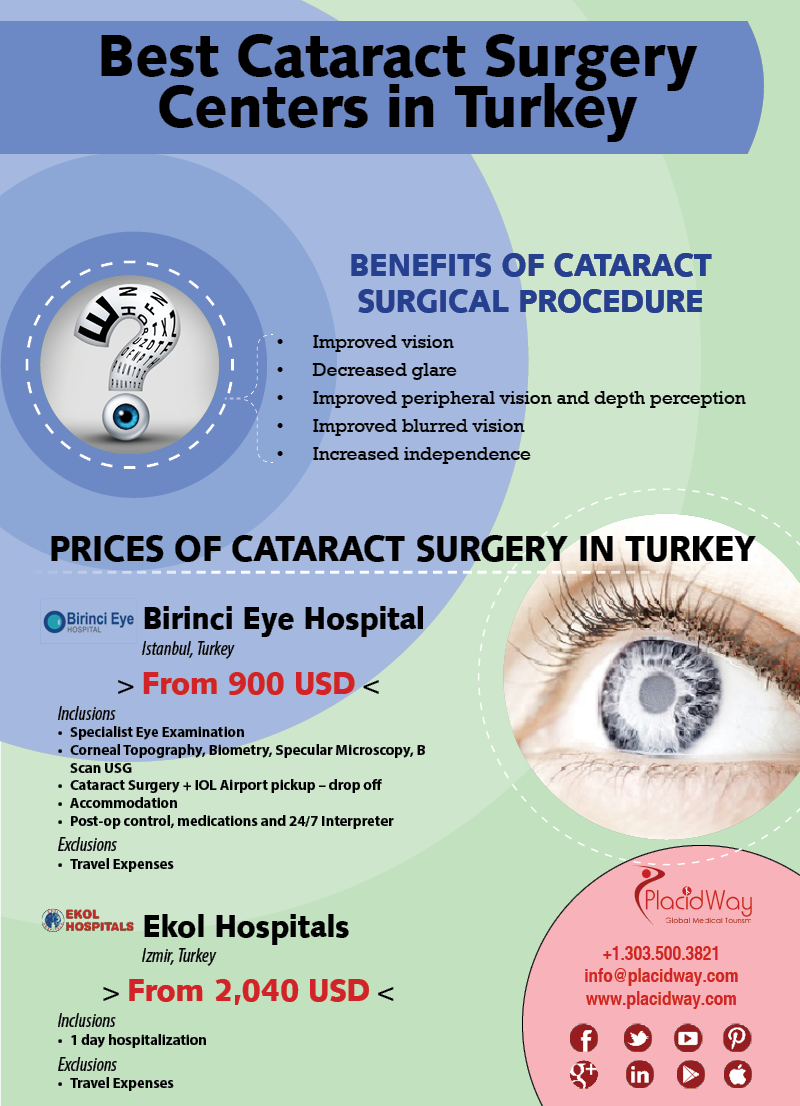Thinking About SMILE Surgery? Uncover Substantial Factors To Consider And Understandings To Support You In Making A Sensible Choice Concerning Your Vision In Advance
Thinking About SMILE Surgery? Uncover Substantial Factors To Consider And Understandings To Support You In Making A Sensible Choice Concerning Your Vision In Advance
Blog Article
Article Composed By-Bridges Patel
If you're considering SMILE eye surgical treatment, ponder this: are you prepared to accept possible visual freedom, or does the thought of any threats make you hesitate? Your choice will certainly depend upon a mindful balance of considering the benefits against the unpredictabilities. It's vital to dig deeper into the nuances of SMILE surgical treatment to make an enlightened selection that lines up with your aesthetic goals.
Understanding SMILE Eye Surgical Procedure
When thinking about SMILE Eye Surgical procedure, it's important to recognize the procedure and its advantages. SMILE, which means Tiny Incision Lenticule Removal, is a minimally invasive laser eye surgical procedure that corrects common vision issues like nearsightedness (nearsightedness).
During the procedure, your eye cosmetic surgeon will use a femtosecond laser to produce a small cut in your cornea. Through this incision, a little disc of tissue called a lenticule is gotten rid of, reshaping the cornea and correcting your vision.
Among the crucial benefits of SMILE Eye Surgical procedure is its fast healing time. Cost Eye LASIK of clients experience enhanced vision within a day or 2 after the treatment, with minimal pain.
In addition, SMILE is recognized for its high success rate in providing long-term vision improvement. Unlike LASIK, SMILE doesn't call for the production of a flap in the cornea, decreasing the threat of issues and enabling a much more secure corneal framework post-surgery.
Comprehending the treatment and its advantages is crucial when considering SMILE Eye Surgical procedure for vision modification.
Advantages and disadvantages of SMILE
Taking Into Consideration SMILE Eye Surgical procedure for vision improvement comes with different benefits and prospective downsides.
Among why not find out more of SMILE is its minimally invasive nature, as it entails a small laceration and commonly leads to quick healing times. The procedure is likewise understood for creating marginal discomfort and dry eye signs and symptoms post-surgery contrasted to various other vision correction approaches. Additionally, SMILE has been revealed to offer outstanding visual outcomes, with numerous patients accomplishing 20/20 vision or much better.
On the other hand, a prospective disadvantage of SMILE is that it might not appropriate for individuals with extreme refractive errors, as the treatment range is rather restricted compared to LASIK. One more consideration is that the discovering curve for doctors implementing SMILE can impact the accessibility of skilled service providers in particular areas.
https://www.irishtimes.com/life-and-style/health-family/laser-eye-surgery-going-in-with-your-eyes-open-1.3537180 is necessary to weigh these benefits and drawbacks thoroughly when deciding if SMILE is the appropriate selection for your vision modification needs.
Establishing Eligibility for SMILE
To identify if you're qualified for SMILE eye surgical treatment, your ophthalmologist will certainly conduct an extensive analysis of your eye wellness and vision demands. During this evaluation, aspects such as the security of your vision prescription, the density of your cornea, and the general health and wellness of your eyes will certainly be analyzed.
Normally, prospects for SMILE are over 22 years old, have a steady vision prescription for a minimum of a year, and have healthy and balanced corneas without conditions like keratoconus.
Your optometrist will likewise consider your general eye health, any kind of existing eye conditions, and your lifestyle requires to identify if SMILE is the ideal selection for you. https://lasercolorchange42198.blogoxo.com/29366232/the-importance-of-a-cataract-specialist-a-comprehensive-consider-their-effectiveness-and-techniques to connect any type of particular visual requirements or worries you may have throughout this examination to ensure that the therapy aligns with your expectations.
If you aren't qualified for SMILE, your eye doctor may advise alternative vision correction alternatives that better fit your specific demands and eye wellness condition.
Conclusion
Eventually, determining whether SMILE eye surgery is right for you requires cautious consideration of your specific eye health and aesthetic demands. Speak with your optometrist to establish your eligibility for the procedure and consider the possible benefits and drawbacks. Bear in mind to communicate any type of worries or concerns you might have during the analysis process to make an educated decision regarding your vision improvement options.
